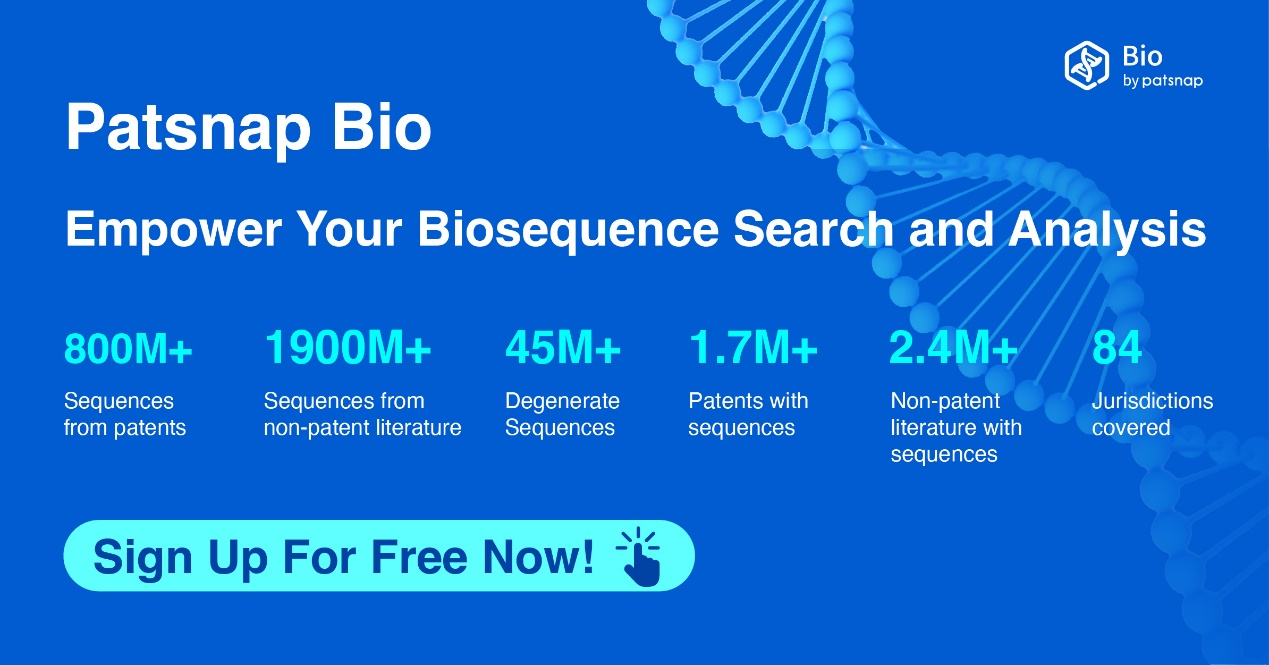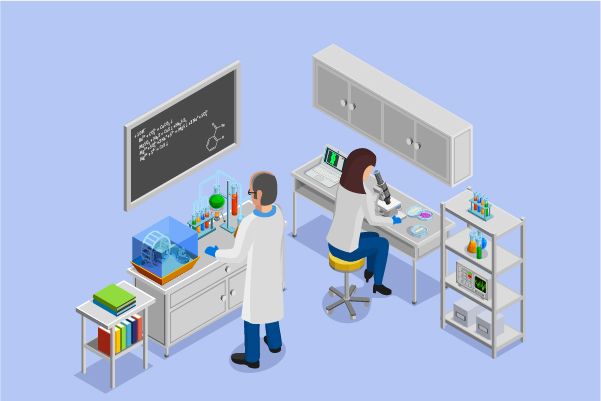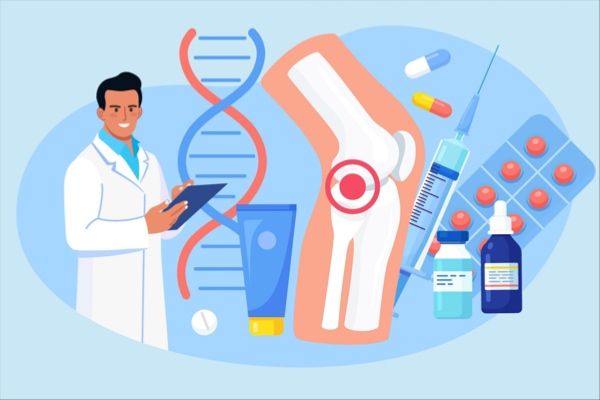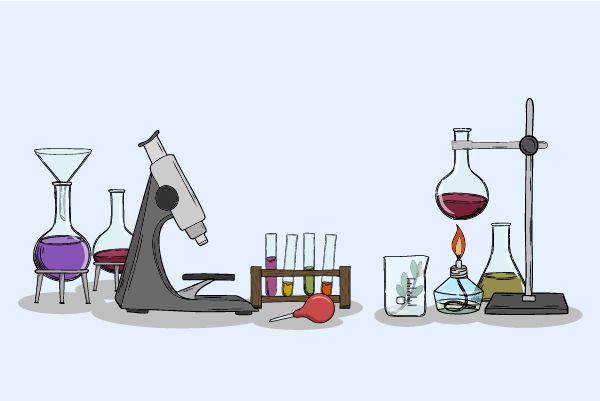Biological Glossary | What is Chemical Modification?
Chemical modifications in biology refer to the changes in biomolecular structure and function brought about by the addition or removal of modifying elements. This process, often done through a series of chemical reactions, can be applied to any macromolecule including proteins, nucleic acids, carbohydrates, and lipids. Chemical modifications are significant for their potential to enhance the stability of biomolecules, aiding the organism in managing physiological stressors, and in drug development for various diseases. Common chemical modifications include processes like phosphorylation, glycosylation, ubiquitination, nitrosylation, methylation, acetylation, lipidation, and proteolysis. Each of these modifications can work individually or collectively. The ongoing study of chemical modifications is due to the wide range of possible modifications that can introduce variability into the proteome.
Free registration is available for the Bio biological sequence database: https://bio.patsnap.com. Act now to expedite your sequence search tasks.




